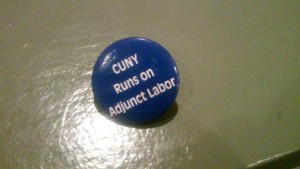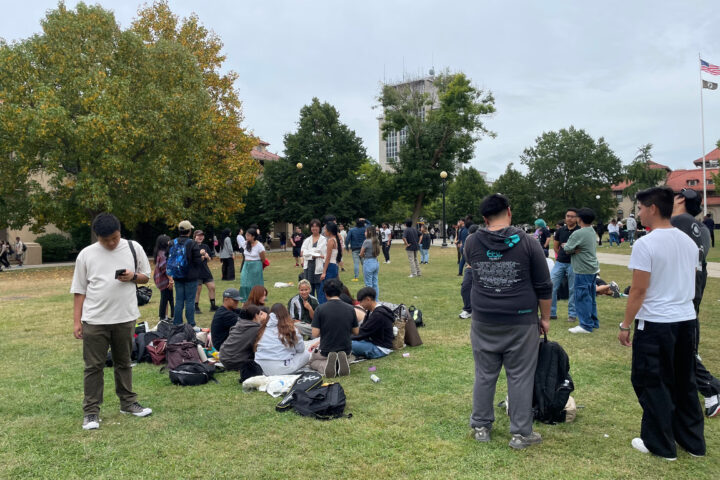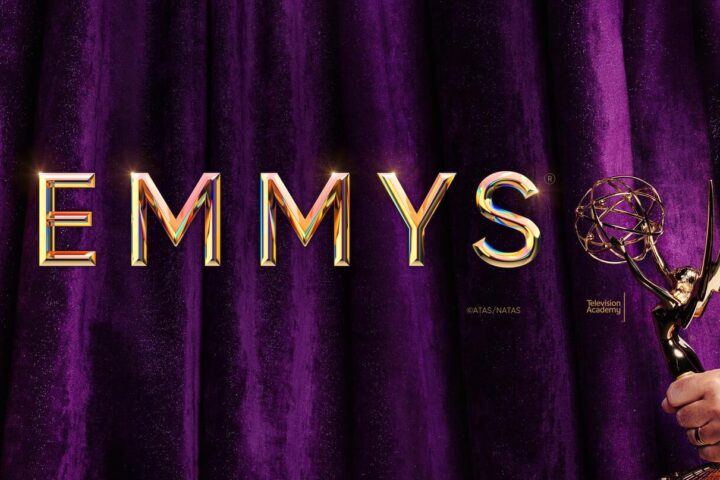
A button left at the Professional Staff Congress’ mass meeting at Cooper Union on Nov. 19. Adjuncts make up 59 percent of faculty in CUNY, according to the CUNY Adjunct Project. However, they are paid only $2,300 for each course they teach.
The Professional Staff Congress increased pressure on CUNY in past month for a new contract and intended to continue with its strategy.
On Nov. 4, the PSC, the union representing more than 25,000 faculty and staff in CUNY, demonstrated in front of CUNY’s central office. Fifty-three members sat in front of the building’s door and, consequently, were arrested.
However, CUNY gave its first offer to the union on the same day. The proposed contract, from 2010 to 2016, would increase total wages by six percent.
PSC President Barbara Bowen rejected it and sent an email to members saying, if accepted, CUNY staff would earn the lowest salary increases among all city and state public employees.
“The total, before compounding, is six percent over six years. That means a salary ‘increase’ below the level of inflation,” Bowen said. “In other words, a salary cut.”
Glenn Kissack, a retiree representative of the union’s executive council, was one of the 53 arrested at the protest. He said the union’s tactics led to an immediate response from CUNY.
“I felt good. I felt we had made our point. I felt a lot of solidarity with other people, not just arrested but hundreds of people [at the protest]. I think it was a wake-up call to the CUNY administration,” Kissack said.
Kissack said CUNY understood their offer was not much, but pointed out that it came from their own budget.
“Yeah, they came out with an offer. But the offer they made was self-financed. It wouldn’t come from the state, but it came from the reserves, which wouldn’t be enough,” Kissack said.
Another tactic is a vote on authorizing use of a strike.
At a mass meeting at The Cooper Union on Nov. 19, the union called for one-on-one meetings with members about a strike authorization vote.
In response to the administration’s proposal, Bowen said the union offered a 14 percent salary increase along with other benefits like long-term security for adjuncts, reducing teaching load of full-time faculty and more.
“I believe we can win this fight,” Bowen said.
The strike authorization vote also came up during the meeting as leaders explained it did not signal a strike. Rather, the union would use it to pressure CUNY and the state for a new contract.
“Strike authorization is not about scaring the boss, but about being prepared,” Bowen said.
During the meeting’s question-and-answer portion, some members felt cautious about a strike and asked what may happen to adjuncts with no security, especially with the Taylor Law.
The Taylor Law, passed in 1967, allows public employees collective bargaining rights, referring to the power to negotiate an agreement. However, it prohibits them from engaging in strikes and penalizes their union if a strike happens.
Bowen addressed concerns and said the union would make a strike reserve fund for members needing funds. In addition, the union would work one-on-one with members across CUNY about a vote authorizing a strike.
Jonathan Buchsbaum, a professor of media studies and chair of the union’s Queens College chapter, said members did not wish to strike, especially with the Taylor Law’s penalties. But he felt it was a tactic to pressure CUNY for a contract.
“We wish we could have gotten a contract years ago, so why haven’t we? What is it that we have to do to convince the administration and the state to properly fund the university?” Buchsbaum said.
Buchsbaum said professors were dedicated to working with students. The problem was salaries did not keep up with cost of living and it forced some to leave CUNY altogether.
“Many professors want to be here because it’s CUNY and because of the students it educates,” Buchsbaum said.
Chancellor James Milliken told the CUNY board of trustees on Nov. 23 that he was determined to get a contract. Yet lack of proper funding from the state would either force layoffs or increase tuition to fund a contract, said Milliken.
“These are facts. People can disagree about choices that should be made, but I don’t believe they can dispute the possible sources and availability of funding,” Milliken said.
Kissack pointed out New York State’s General Fund held a surplus of $1 billion that could fund a contract for the PSC. He criticized Governor Andrew Cuomo, a Democrat, for refusing to help fund not only CUNY, but also a contract for the PSC.
“He wants to impose a pattern on the union. He’s determined to do that and we’re determined not accept it,” Kissack said.
Kissack believed the union might vote on authorizing a strike early next year. However, he noted the union could not achieve a contract without the help of students, whom hold a stake in getting a better education.
“If we fight together, we have a chance,” Kissack said.














